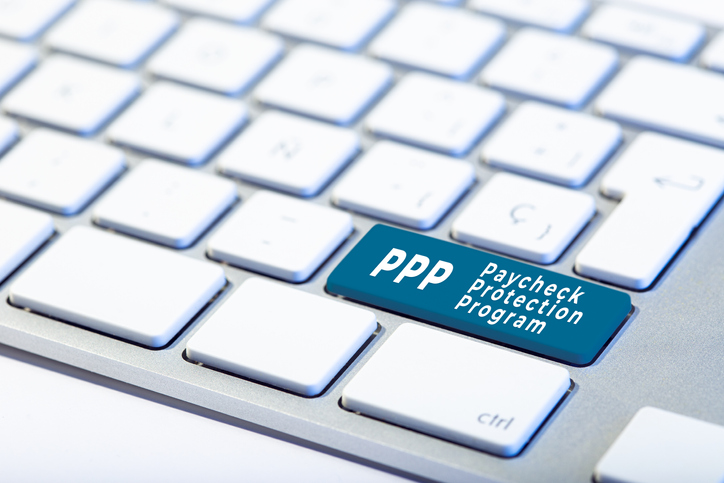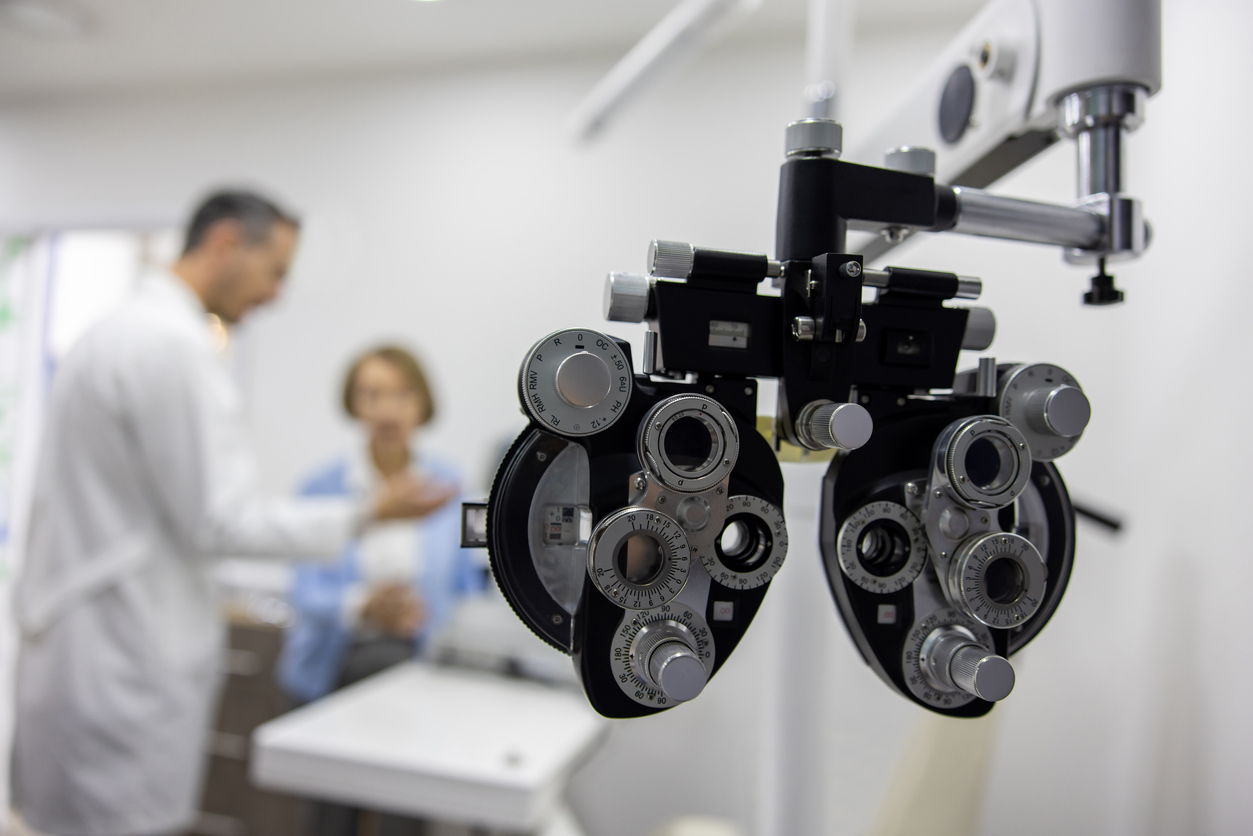SMW has been focusing on supporting small businesses. There are a couple of issues that keep coming up and we wanted to pass along what we’re seeing in the insurance industry and how it might affect your small business. The first one deals with PPP loans. The second issue focuses on Business Interruption (BI) as taxable income.
PPP loans
The Paycheck Protection Program (PPP) is a loan program backed by the Small Business Administration (SBA) that helps businesses keep their workforce employed during the COVID-19 crisis. PPP loans are designed to provide a direct incentive for small businesses to keep their workers on the payroll.
Borrowers may be eligible for PPP loan forgiveness. But securing loan forgiveness from the SBA requires a participating business to do everything the federal government requires – including complying with certain reporting and use obligations. For most small businesses, the best way to use a PPP loan is to fund payroll. But – and you knew there would be a ‘but’ – this can potentially get tricky if you have received proceeds from an insurance claim.
Say you had a catastrophic property loss, and you duly submitted your claim. Your insurance company, when determining how much to pay out based on your coverage, might scrutinize the proceeds of your PPP loan. It’s entirely possible that your insurance company says that you’re using funds from somewhere else – i.e., from your PPP loan – to fund your company’s payroll. Based on that, the insurance company might suggest it doesn’t have to pay for your payroll expenses as your business recovers from the property loss.
SMW has a very different position on this. To us, it simply doesn’t matter where the payroll funding comes from. If you’re continuing payroll, then it’s an expense of your business. And your policy – if you have payroll expense coverage – says it’s part of the loss calculation. Basically, we consider it just like a loan from a bank – and therefore has nothing to do with the loss. It’s not income, and it’s not a grant.
To prepare you for this issue, we suggest you prepare answers for the following questions:
- Did you have a property loss last year?
- Have you applied for and received PPP funds?
- In what amount was your PPP loan?
- When did you receive the PPP funds?
- For what purpose were your PPP funds used?
- Have you applied for PPP loan forgiveness?
These are just some of the questions you might be asked during the insurance claims process, so be prepared with the right answers and know your accounting rules.
Business Interruption as Taxable Income
You’ll recall from previous posts that Business Interruption (BI) coverage is designed to “make you whole” – restoring you financially to a position as if you had not suffered any loss at all. BI compensates you for lost profits, such that a covered loss results in the insurance company paying you for lost net income and expenses incurred while you recover from a property loss.
The proceeds for the building loss and its contents may not be taxable, but the funds for lost business – the business income proceeds – are taxable. Why? Remember – these are intended to replace income, and are therefore taxable as income to the business.
That’s why SMW makes sure we understand the different buckets of coverage and segregate them. Often our clients call us and say, “My accountant asked what I got paid for and under which policies.” The accountant needs these details – not just the lump sum of coverage payout. So, at SMW, we segregate expenses from BI – for the purposes of taxes. Make sure you keep track of what you’re paid for and the different coverages. If you receive $1 million in insurance coverage and only $200K is for BI, you don’t want to have to pay tax on the $800K!
These are things we are getting lots of questions about lately. We hope this helps.




